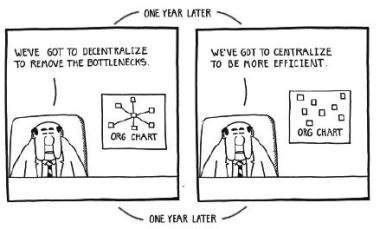As many other professions, the legal profession is not immune to being transformed by the Fourth Revolution. There have been many examples lately where simple legal processes have been performed by programs or simple versions of Artificial Intelligence.
 For example, a website promises to waive a large percentage of parking ticket fines using the strict application of the law (160,000 tickets would have been successfully fought in New York and London). Or, robots also get involved in divorce proceedings too.
For example, a website promises to waive a large percentage of parking ticket fines using the strict application of the law (160,000 tickets would have been successfully fought in New York and London). Or, robots also get involved in divorce proceedings too.
The general article from ParisTech review ‘Legal Tech and other smart contracts: what future for legal automation?‘ provides a more general overview. According to a 2015 study, “47% of lawyers interviewed considered that it would be possible within 10 to 15 years to replace their “paralegal” employees (the administration that works as subordinates to a lawyer, in the United States) by solutions of artificial intelligence. 35% think that junior lawyer positions could be fully eliminated over the same period“. The paper continues by explaining what the most important changes will be.
While experienced lawyers will remain required for complicated cases, the legal profession should brace for a structural change in the years to come.












